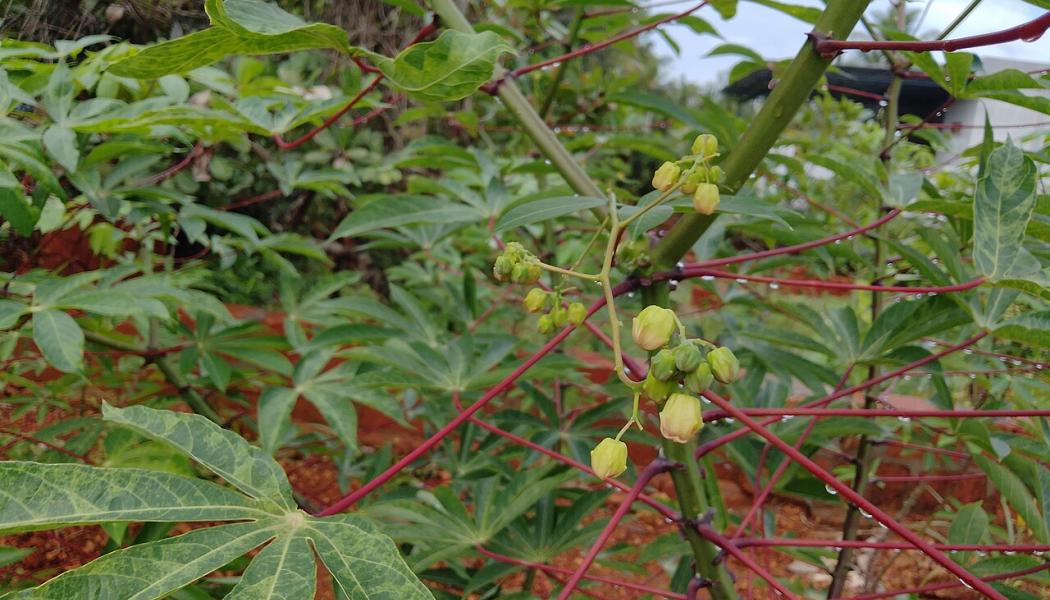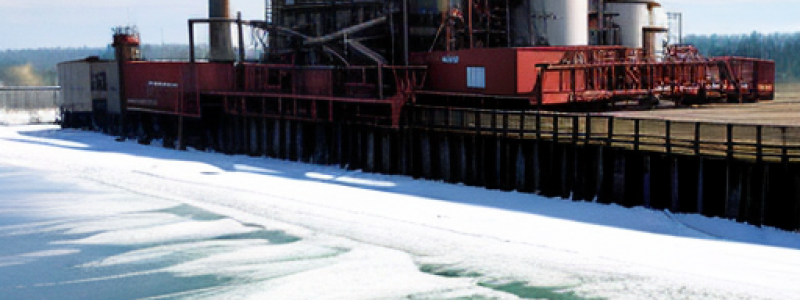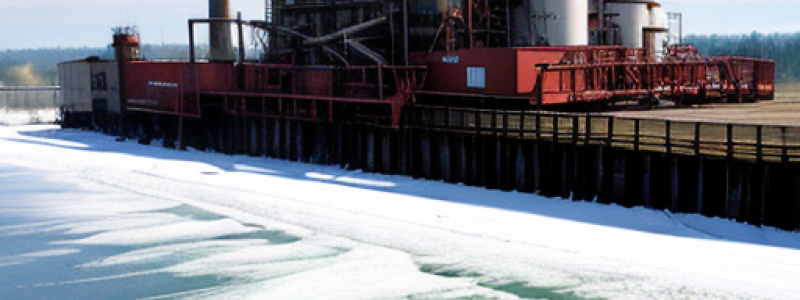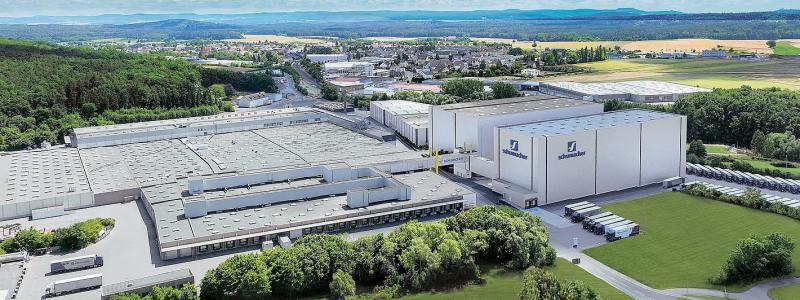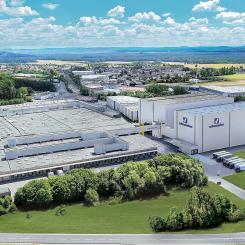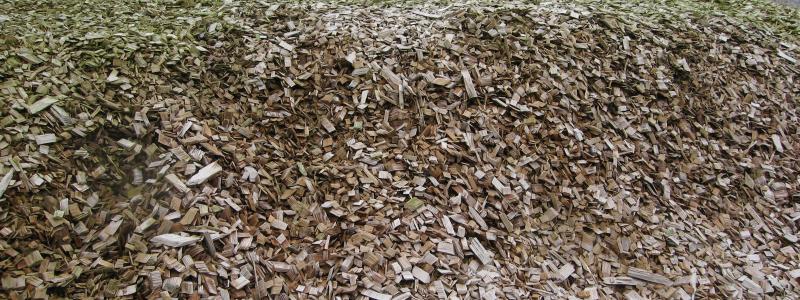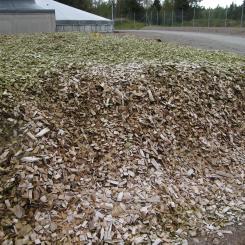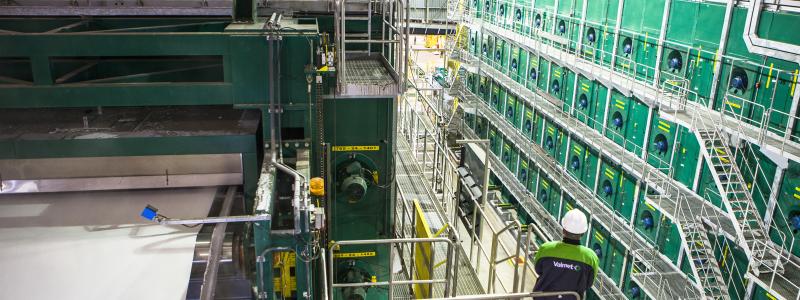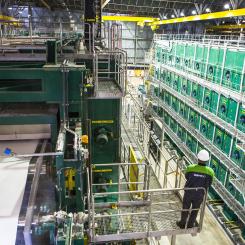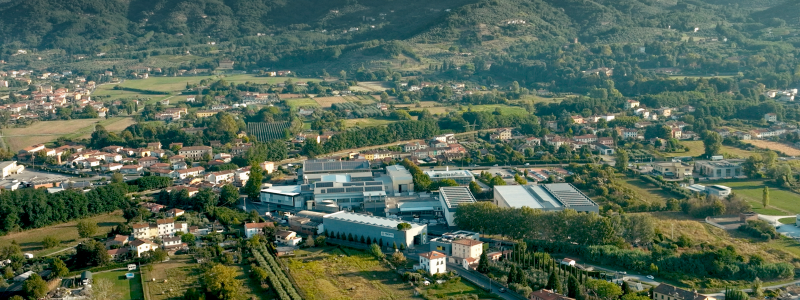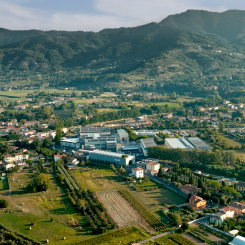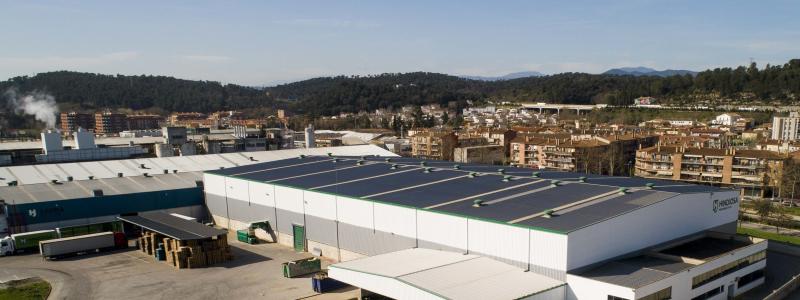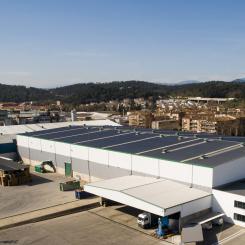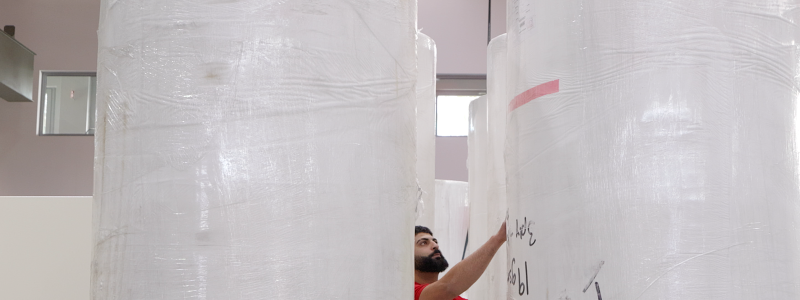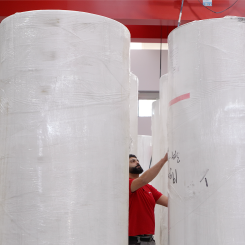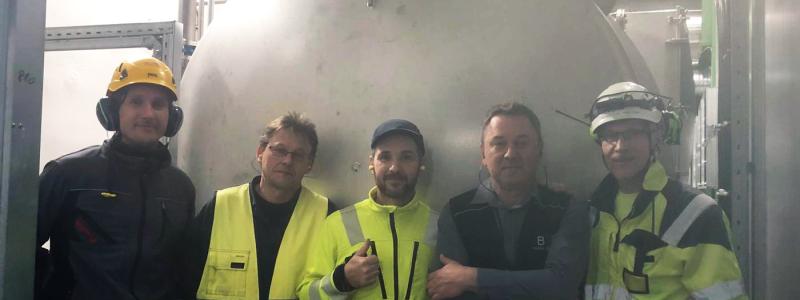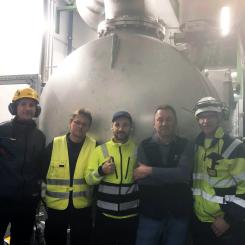Small farmers from the community of São Francisco, in Prado (BA), received a mechanized cassava planter and the implementation of a Demonstration Production Unit, with different varieties of high-productivity cassava, in addition to cultivation training based on Good Agricultural Practices. The investment is a partnership between Suzano, Fundação Banco do Brasil and the Center for Agribusiness Development (CEDAGRO).
The goal is for the area to become a reference in cassava farming and serve as a model to be followed by other local producers, and for the planter to help in the best use of time and effort and provide better ergonomic conditions for producers. "The project will help to enhance the cassava chain in the region, transforming the lives of small producers, adding value and strengthening regional production," emphasizes Suzano's Social Relations analyst, Elton Ray Silva Santiago.
The São Francisco Community has around 65 families and 40 of them are members of the Association of Small Rural Producers of Itamaraju (APPRI). The community survives on family farming, with the main products being cassava, coffee, annatto, vegetables and fruit pulp.
Cassava planter
The mechanized cassava planter was donated for common use by farmers in São Francisco. The equipment has the capacity to cultivate around 10 to 15 hectares per day, saving farmers time and increasing production. During the donation of the machine, the producers had a practical lesson on how to use the equipment.
"With mechanization, planting and fertilization are done together, speeding up the process. This way, it is possible to increase productivity and reduce harvest time," says farmer Jonatas Nogueira Soares, adding that the surrounding communities will also benefit. "We are located within a 10 km radius that encompasses around 500 families, including the Corte Grande, São João and Jaci Rocha settlements, which will also be served by the equipment. This has been a strategy since the implementation and discussion of the project with Suzano and the Banco do Brasil Foundation," he explains.
Demonstration Unit
Producers from the São Francisco community also gained a Demonstration Unit, a place responsible for providing training and technical assistance focused on cassava cultivation, in addition to providing different varieties, better adapted to the region's climate conditions.
The project is expected to significantly increase cassava production to meet the demand of the community's agribusiness, which is in the final stages of installation. "The construction of our flour mill began in 2019, but the pandemic delayed it, and now we are in the final stages of construction, as well as the acquisition of flour and starch production equipment," explains Jonatas Nogueira Soares. The project is an investment by the State Government of Bahia together with the World Bank and support from the Regional Development and Action Company (CAR).
Project encompasses Espírito Santo and Bahia
The investment is one of the actions of the project to encourage the development of the cassava production chain in the North of Espírito Santo and the Far South of Bahia, which was launched in March of this year by Suzano, Fundação Banco do Brasil and CEDAGRO.
The total investment in the project will be 2.6 million reais and will directly benefit six different municipalities in Espírito Santo and Bahia (Aracruz and Conceição da Barra, in ES; Alcobaça, Caravelas, Mucuri and Prado in Bahia), totaling 628 families of small rural producers, quilombolas, indigenous people, young people and women.
According to Suzano's Social Relations analyst, Elton Ray Silva Santiago, many small rural producers and communities in ES and Bahia survive from the practice of cassava farming, and the project aims to act in the gaps in the production chain with technical assistance to farmers, structuring flour mills for processing and understanding and insertion of production in the local and regional market.
"The organization and planning of production, the structuring of flour mills in these regions and the encouragement of access to new markets provide a new perspective on cassava farming and a new perspective on life for the families involved, justifying the necessary investments in infrastructure, equipment and improvement of production processes proposed by the project", emphasizes Santiago.
Source:suzano.com.br




